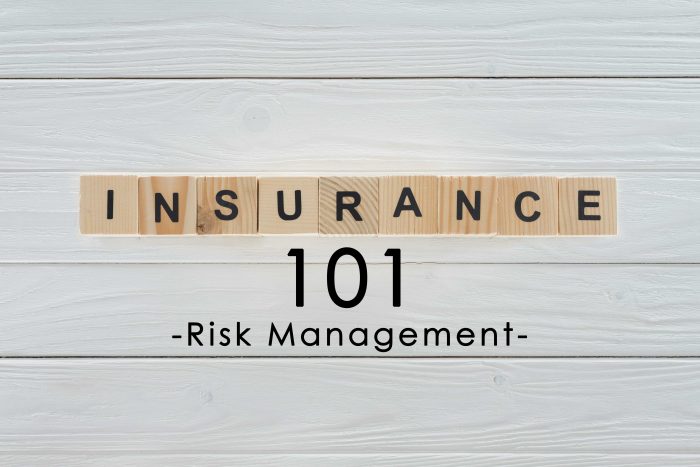 17
17
Insurance Term of the Day; Risk Management
Have you ever thought of buying insurance as an investment? From one perspective, insurance is like investing in your future. You put a little money towards your insurance each month, and in return, your insurance company provides support when you are faced with a detrimental loss. The price of your insurance premium doesn’t seem so costly after your insurance covers a loss that could have otherwise cost you your financial stability. When threatened by a covered loss, insurance is an investment that can help provide financial security from an event. A pretty good investment, wouldn’t you say?
Now, think of it from the insurance company’s perspective. The minute your policy is effective, the insurance company becomes financially responsible for the losses that are covered by your policy. By insuring you, the insurer is risking its own financial loss. It is true that the insurer will initially receive payment from you. However, should any of the covered losses occur, you could end up costing your insurance company the cost of your premium, multiplied many times. So, for the insurers, agreeing to insure you is accepting the risk that you could end up costing them a substantial amount of money. The possibility of a loss multiplies with the number of customers the company insures. This kind of financial risk must be analyzed and managed to keep the losses at a minimum.
Understanding the extent of the risks your business could face is crucial for the success of the business. Risk management is a way of maintaining financial security by avoiding taking on too great of a risk.
To successfully manage risks, these risks must first be identified and analyzed. Basically, the risk is anything that poses the threat of causing injury, damage to property, or any other kind of loss. Monitoring risk allows insurers to control the frequency and impact of losses. Once the risks are identified, insurers may choose to work with you to mitigate any risks.
Here are a few ways that risk mitigation can benefit you as the policyholder:
- Mitigating risks gives the insured the opportunity for a better price on the premium
- By giving you an understanding of the risks you face, you can prepare for a loss in advance to avoid the risk
- Risk management helps stabilize the safety of the employees and customers of a business
Think about risk management and how you can mitigate your own risks.










